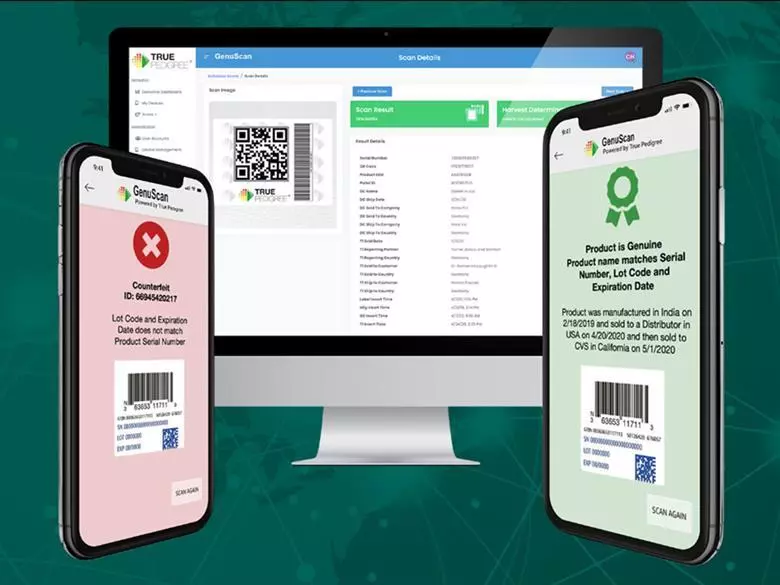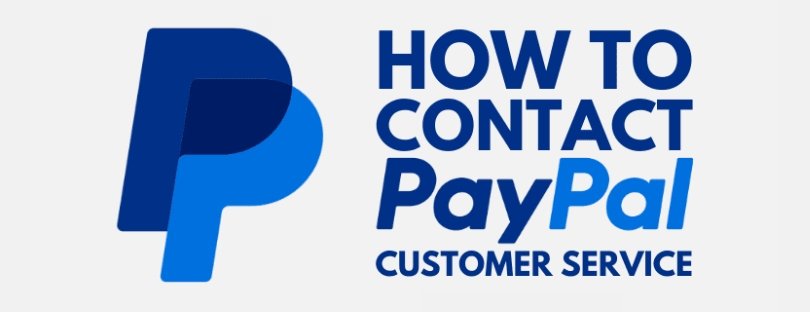
EU Plans to Launch an Open-Source Platform for Authenticating Products and Monitoring Their Supply Chain Journey
Across the European Union and globally, various entities are continually battling against the influx of counterfeit products infiltrating their supply chains. This affects a wide array of goods including pharmaceuticals, cigarettes, cosmetics, alcoholic beverages, and luxury items. To monitor the movements of these goods, governments have implemented, or are in the process of implementing, comprehensive traceability regulations. supply chain product authentication
These measures aim to safeguard public health, ensure proper tax collection, and boost confidence among consumers, patients, and customers in the authenticity of the products they purchase or use. Consequently, adherence to these regulations is becoming increasingly crucial for manufacturers, resellers, distributors, and retailers to guarantee that their products are entirely genuine.
Plans for open-source platform for product authentication
The European Union Intellectual Property Office (EUIPO) has revealed its intention to launch an open-source platform for product authentication. This system will empower brands to monitor their products across the supply chain, from the manufacturing location worldwide to their final destination in the EU, and eventually to the end consumer.
The upcoming EBSI-ELSA platform aims to help curb the global trade of counterfeit goods, which currently stands at approximately €412bn (US$450bn) annually. It provides a scalable, decentralized, blockchain-based authentication system that brands can employ to certify the genuineness of their products.
Available from the end of 2023
It is set to go live by the end of 2023 following an operational pilot involving four brands, two logistics operators and a customs authority that tracked product journeys from manufacturing sites outside Europe through to their arrival at an EU border and then onwards to EU-based local distribution centres.
EBSI-ELSA synergizes the European Blockchain Services Infrastructure with digital twins technology. This amalgamation results in a unique machine-readable label for each product or product shipment, which can be in the form of a QR code, RFID, or NFC tag.
Each of these labels incorporates a serialization code, secured by the brand owner’s signature and verified through its EU IP rights. This process forges an unalterable connection between the actual product’s serialized code and its digital counterpart.
The platform has 2 components: supply chain product authentication
Identity register: This provides brand owners with verifiable credentials to sign digital twins of physical products. Relying on existing EUIPO registers for trademarks and designs, it also acts as a public repository for verified brand owners’ signatures to all parties in the chain.
Logistic open protocol: This offers a common language for tracking and tracing providers and brand owners to collect and share data for anti-counterfeiting operations. Using blockchain, this protocol also notarises an audit trail of the product shipment history and relevant events.
A unique identifier for each product is not required, the EUIPO says, “but it’s strongly recommended since it provides real business-to-consumer (B2C) value for brand owners.
“If a unique product identifier is used, the digital twin can preserve product authenticity and serialisation integrity, while also offering additional B2C opportunities if the digital twin is offered to the end user upon purchase, such as loyalty or after-sale programmes and the second-hand market.”
“A significant number of European consumers are unsure of the authenticity of the products they buy, according to several surveys,” it adds. “The EBSI-ELSA initiative aims to reassure and protect consumers, while providing comprehensive support to intellectual property (IP) rights holders from initial filing to enforcement.”









